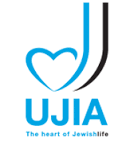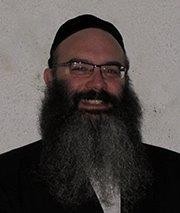A few weeks ago, we started our new Science topic, all about Microorganisms. We have been learning that microorganisms can only be seen with a microscope and that they are absolutely everywhere! Some of these, like yeast, are useful to us and many are not. Some are harmful and disease causing, like bacteria. So in Primary 7, we have been learning about the bad ones and how to avoid spreading them.
Microorganisms that cause diseases are often called germs. Some diseases, like chickenpox, are caused by viruses. Diseases caused by viruses usually spread easily from one person to another. We learned about uncooked foods (especially meat) and how they can contain bacteria. We kill the bacteria when we cook the food properly. But if you eat food that has not been cooked properly, the bacteria may survive and make you quite unwell. Bacteria left in your mouth by not brushing your teeth properly can cause a tooth infection which we learned about when we had our dental checks.
We decided we would carry out our own experiment all about mould and different foods. We split into 4 science teams and created our experiment to test milk, cheese, bread and banana. We chose our own packaging and containers. We chose our own location and we were in charge of all of our own monitoring and recording.
We are half way through our experiment and we have been really interested to see the changes that are occurring and why. We have been making graphs about the mould development and we have been comparing and discussing with the other groups.
We’ll let you know our results when it’s all over. We certainly won’t be eating the samples come the end of the experiment.
Fiaqa and Mrs Santi
Along with the rest of the Primary 7 pupils.






















